Do you know how to beat the heat? Summer safety first!
Yes, this is completely true. Right now, it’s hotter than it used to be when you were a kid, and 2024 is actually the hottest year since 1850! This means we live in a world that is hotter than it ever was, and we need to prepare for this.
Extreme heat is dangerous for anyone, but this is a reality, especially for those over 50. These heat waves will become more and more popular, and this is why we need to know about the best summer safety tips.
Also, this heat affects seniors in a different way compared to younger people, and being aware of this can help you be more comfortable during the hot summer days. Soaring temperatures brought roughly 120,000 individuals to emergency rooms in the United States in 2023, according to a Centers for Disease Control and Prevention (CDC) study from 2024.
Medication and chronic health problems make it harder for seniors to endure heat, and we believe that summer safety is essential during the periods when the heat waves are the most powerful.
Read on and discover what you can do during the summer and how your body is affected by the high temperatures.
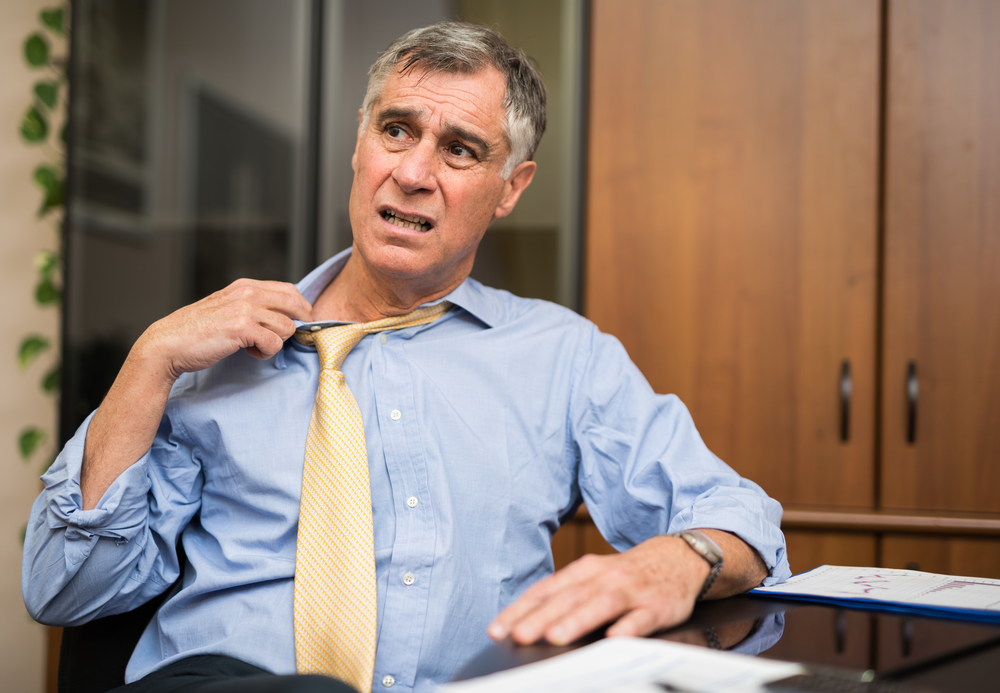
Cooling down the body is a lot harder
When you are not able to cool yourself down, this is when the most problems regarding heat appear. The first signs of heat exhaustion are fatigue, dizziness, and a weak but rapid pulse. This is the moment when you need to remember about summer safety and take action.
If this goes untreated, heatstroke can occur, and this is a potentially dangerous condition. Long-term organ damage and, in some cases, even death are some of the effects of heatstroke, so you better take immediate action if that’s the case.
Generally, the primary cooling method we have is sweating. The trick is that the evaporation process of the sweat is the one that cools us down, not the sweat itself. When sweat needs to evaporate, this will cost energy, and that energy in this case is heat. So, heat will leave your body, and you will feel cooler.
Unfortunately, as we age, summer safety becomes more and more important because our sweat glands are no longer as effective as they used to be.
What about medication?
Yes, medication is another factor that can affect how the bodies of seniors react to heat. And as you know, most older people take various types of medication.
Now, not all drugs mess with your ability to cool down, but some antihistamines and drugs that are used to treat overactive bladder do, and it’s better to be aware of it. Keep this in mind for your summer safety plan, and if you are taking any of these medications, you can talk with your doctor. Also, there are even some antidepressants and some blood pressure medicines that can cause a hard time for your body during summer.
Heart disease
When you hear about seniors and people over 50, you might also think about heart disease. And you are right! Heat’s impact on the hearts of older adults is a serious matter, and this happens because their hearts need to work harder in order to cool their bodies down.
Besides sweating, our bodies also increase the blood flow to the skin as a strategy to cool off, and pushing the heat away from the core like this means strain on the heart.
When you suffer from heart disease, this is a great effort for your cardiac muscle, and putting such strain on a weak heart is not the best idea. This is why it’s so common for people to get heart attacks, arrhythmias, and strokes during the summer.
Dehydration is the biggest enemy
Ok, we all know that drinking water on a hot day is essential. Well, obviously, we should do this all the time, but it is even more important when it is hot outside because we get dehydrated so much faster.
If you want your body to produce sweat and cool you down, you need more fluids. Also, without water, your organs and cells can’t function properly. After all, we are 70% water, right?
Being concerned about summer safety is normal, especially as an older adult, because you have a harder time keeping yourself hydrated. As you age, your sense of thirst decreases, and this can get quite dangerous. Combine this with medications like diuretics, which draw out the water from your body, and you get a disaster combo.
A state of dehydration will cause dysfunction in your kidneys, and this leads to a domino effect that will affect all the important organs in your body. The group that is most affected by dehydration is older adults, aged 65 or older, who already have kidney disease. Also, those who are taking medication that is harsh on their kidneys are also at risk.
Even more, if you suffer from diabetes, your condition can worsen by being dehydrated. The CDC says that almost 29% of adults 65 and older suffer from this chronic disease. When the water in your body is not enough, the blood sugar content will rise, and this makes managing blood sugar a nightmare.
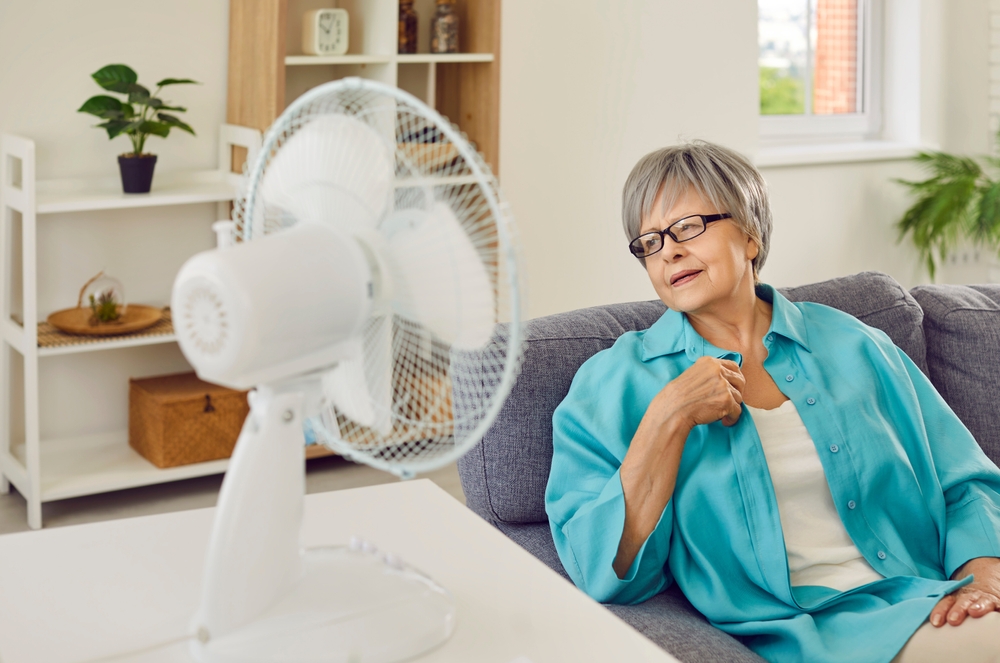
Always have a plan
There are too many complications related to heat, and this is exactly why you should have a summer safety plan. When you look at the weather forecast and the temperatures seem to never stop rising, you should be prepared and take action.
First of all, you need a trustworthy source to check the forecast. For this, you can use the CDC dashboard. All you need to do is insert your zip code, and you are good to go.
Keep an eye on the humidity
Generally, when you look at a forecast, it is all about the temperatures, but there is one crucial factor you need to consider, and that is humidity. If you focus solely on the thermometer, this might not be the best strategy for your summer safety plan, and understanding how humidity works can truly help.
The best thing is to check the heat index, because this combines both temperature and humidity. When the heat index is high, there is also a higher risk of heat stroke, so you better stay inside.
Drink water even if you don’t feel thirsty
Thirst should never be your guide that helps you decide if you need to drink water or not. This is especially true during the summer, and one of our summer safety tips is to drink water past the point of thirst.
When you start to feel thirsty, you are already pretty dehydrated, and doctors say you should look at the color of your urine for a better indicator. If it’s pale yellow, it is perfect. If it’s dark yellow or orange, you should hydrate immediately. You need to keep drinking water, and in this way, you can know for sure that you are going to be safe.
Also, do your best to avoid caffeine and alcohol, as these drinks are well known to cause dehydration. On the other hand, fruits such as watermelon and cantaloupe are amazing at boosting your hydration levels. So, if you are sick of plain water, you can try this to make things more interesting.
If you want to hide from the sun, you can try using an umbrella when outside: G4Free UPF 50+ UV Protection Large Travel Umbrella 46 Inch Auto Open Close
You should also read: 6 Natural Tips to Delay (or Stop) Gray Hairs After 60

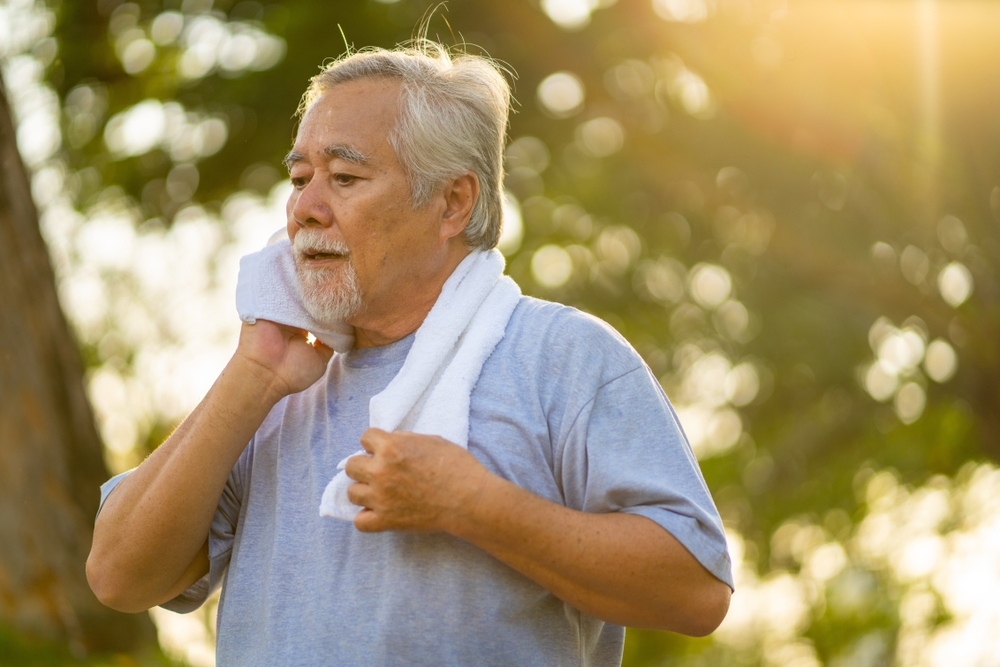
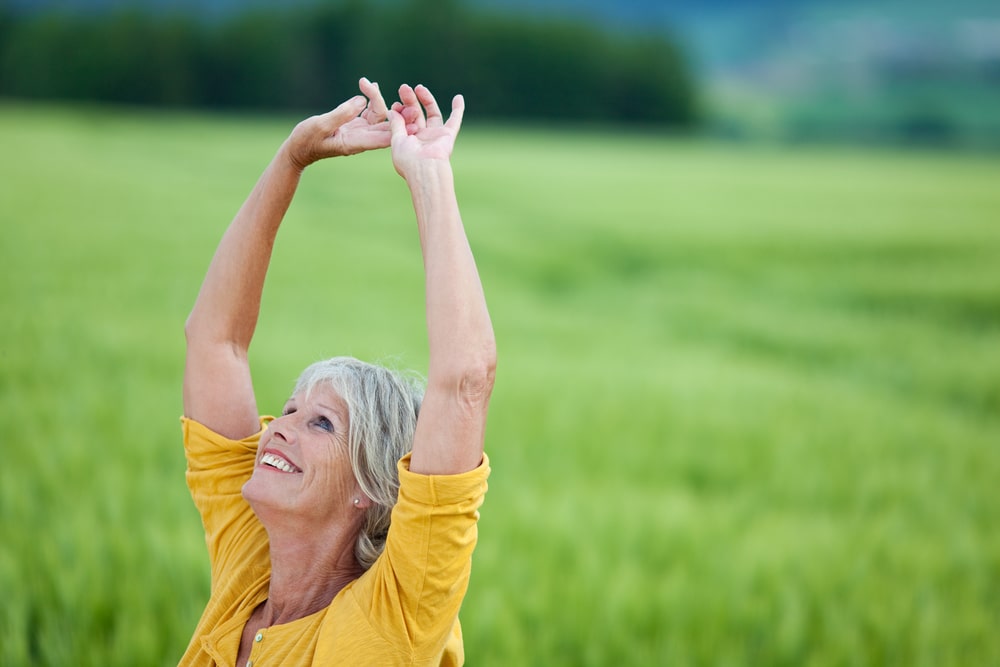
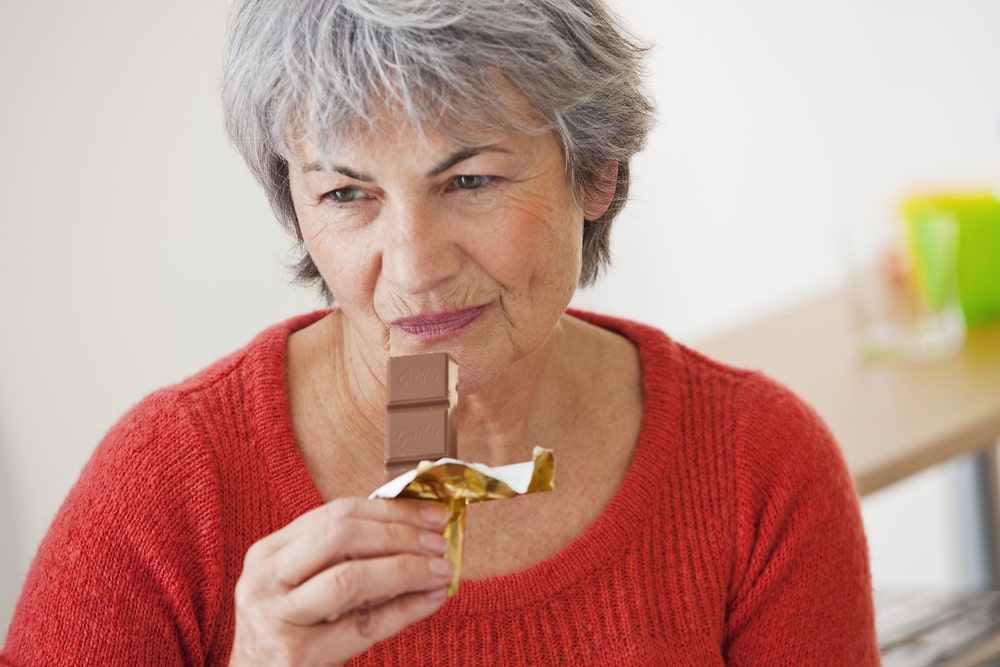
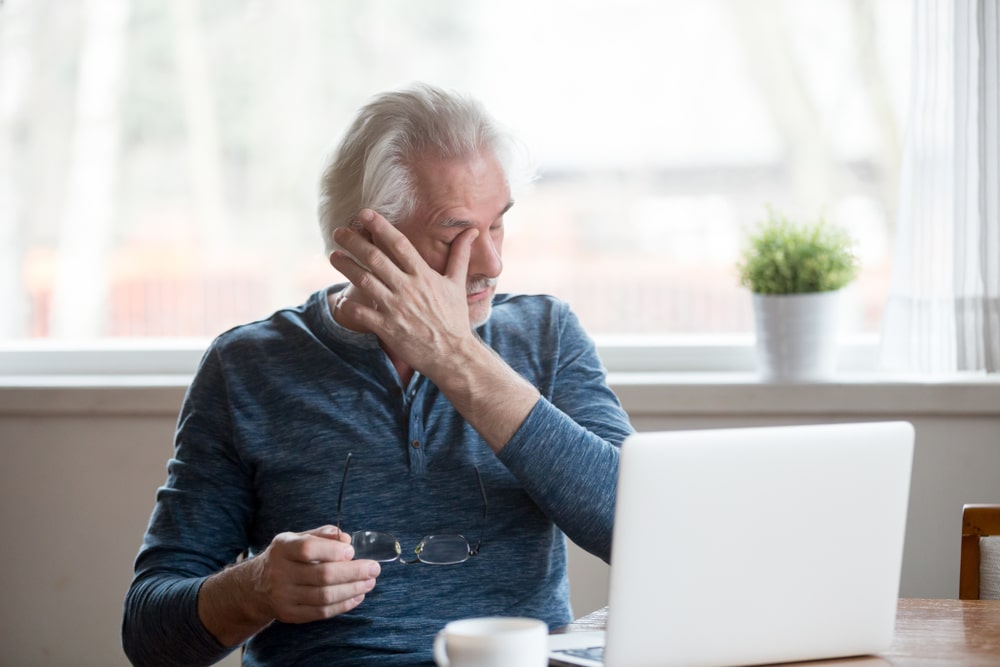
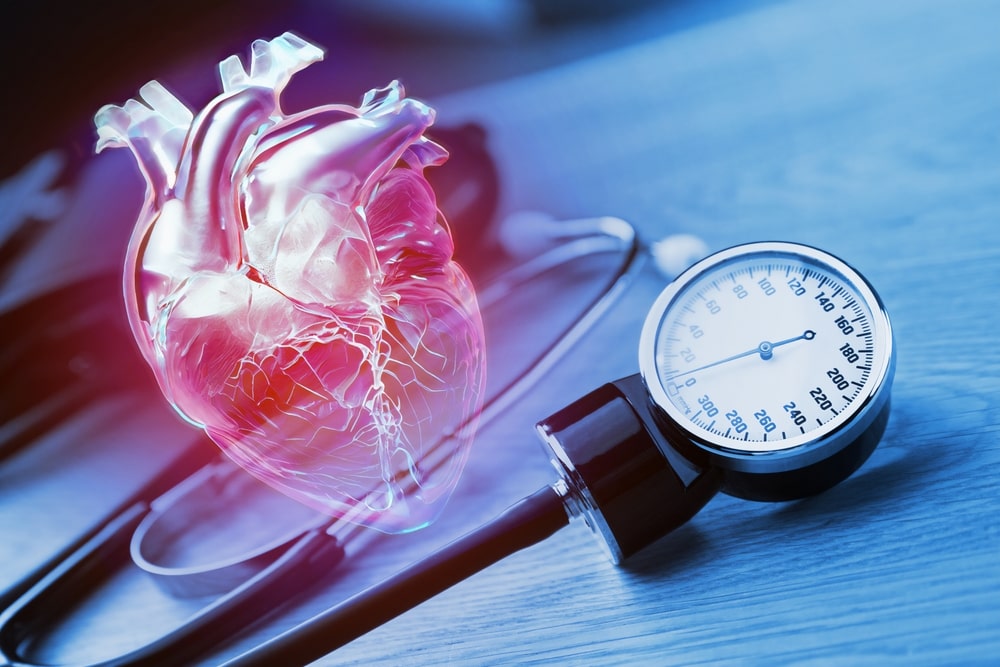
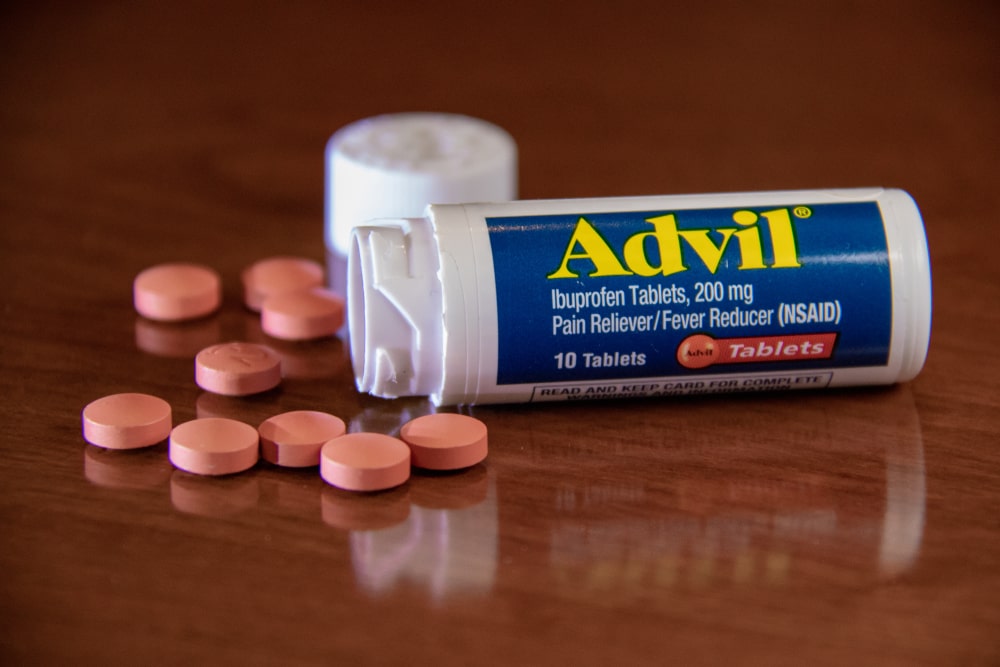
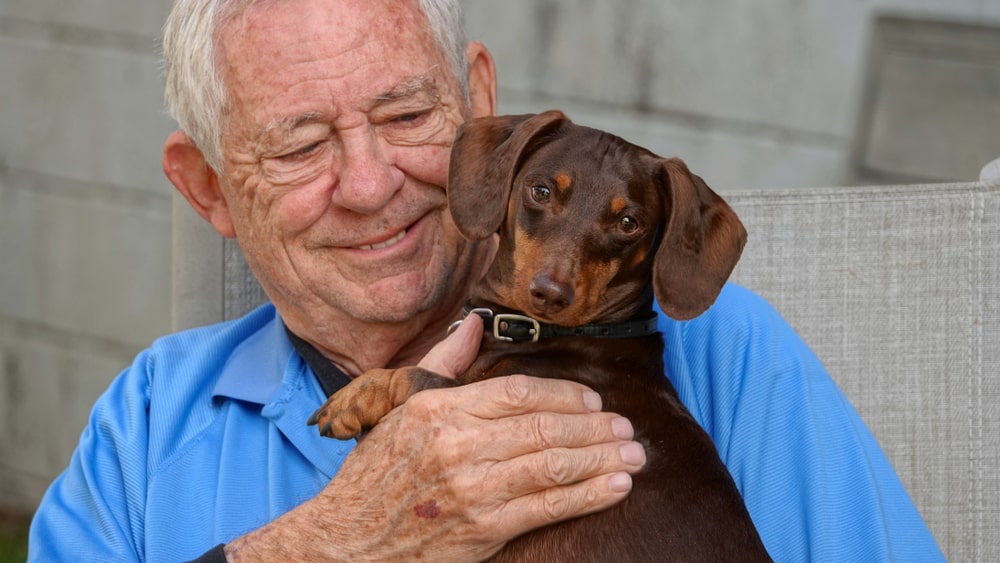
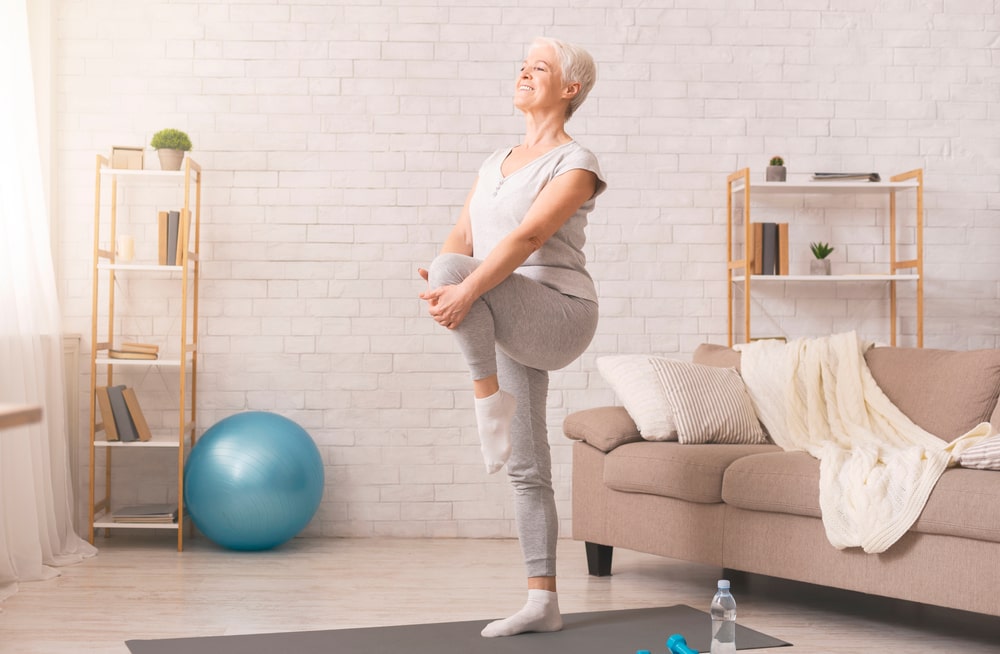
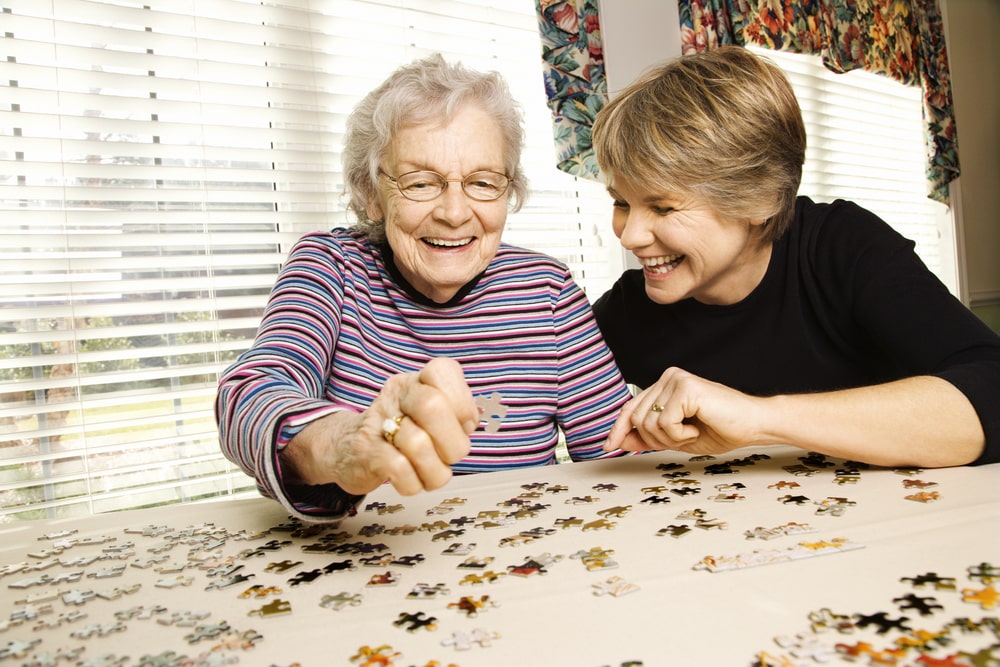
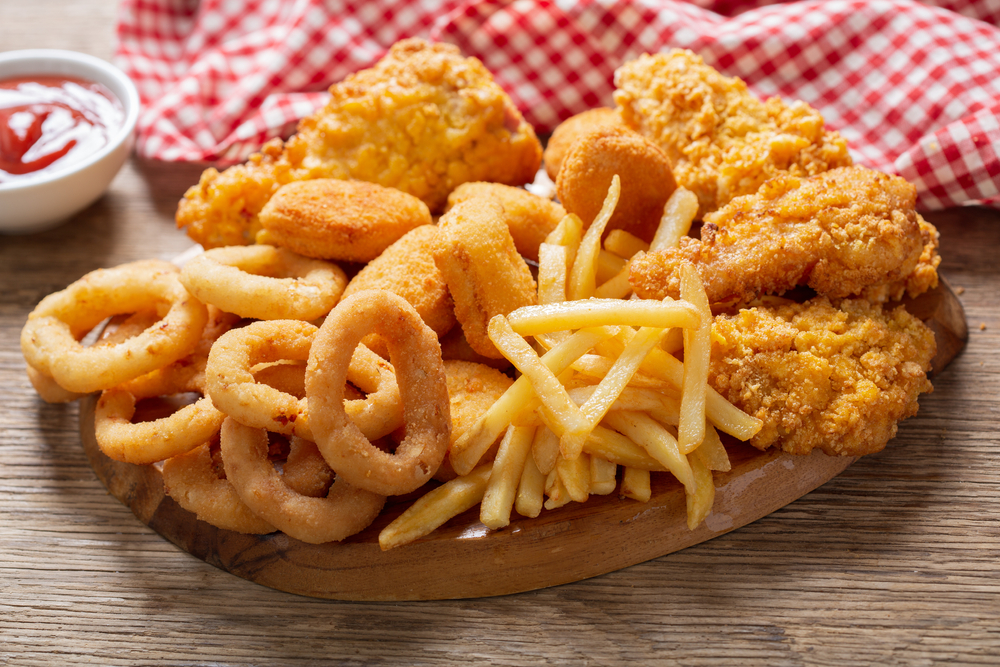
Leave a Reply